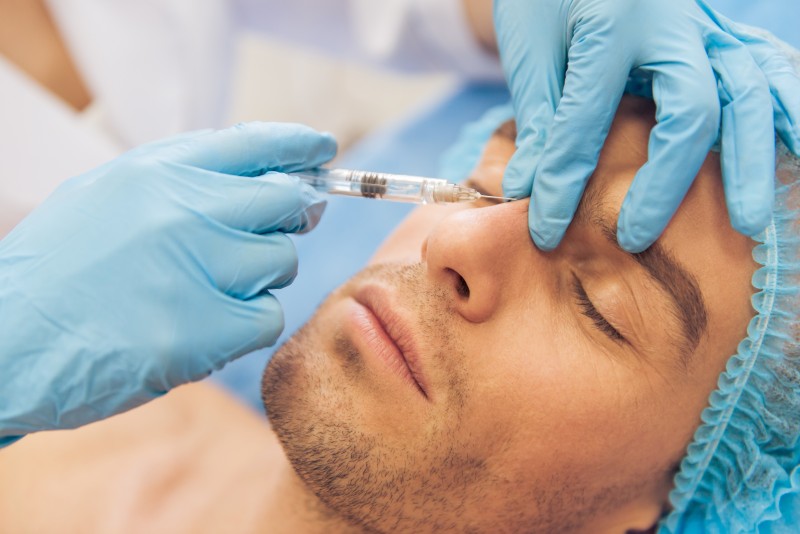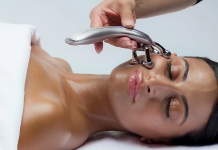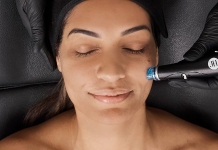Aesthetic Practitioner Register set for March
The Joint Council for Cosmetic Practitioners' (JCCP) Practitioner Register, and Register of Approved Training Providers, open on 1st March, following a two-year consultation under the leadership of Professor David Sines CBE.
The register delivers a new voluntary regulatory body to oversee both patient safety and public protection in the aesthetic sector, in particular for clients seeking non-surgical treatment and hair restoration surgery. The JCCP identifies treatments as ‘cosmetic interventions’, these being “procedures or treatments carried out with the primary objective of changing an aspect of a patient’s physical appearance, and includes non-surgical procedures, both invasive and non-invasive.”
The Registers have come about following the highly publicised Keogh Review of the Regulation of Cosmetic Interventions, carried out by Professor Sir Bruce Keogh in July 2013. This set out recommendations in relation to cosmetic interventions, such as making all dermal fillers prescription only, ensuring practitioners are properly qualified for all the procedures they offer such as breast enlargement and injectables, and the establishment of an ombudsman to oversee all private health care, including cosmetic procedures, to provide help to those who have received poor treatment.

The JCCP has worked with its sister body the Cosmetic Practice Standards Authority (CPSA) to ensure that a new and comprehensive evidence-based set of practice and education standards is delivered to achieve full implementation across the sector in England.
According to the JCCP’s Mission Statement, JCCP Practitioner Registrants and associated Education and Training Providers will “be accredited and endorsed by the JCCP as meeting the highest standards of quality by ensuring that all parties who have been admitted to the JCCP’s Registers have met the agreed industry qualifications, benchmarks and abide by the standards of practice and behaviour as determined by the Cosmetic Industry CPSA and the JCCP.”
Professor David Sines CBE, Chair of the JCCP comments:
“It is an incredible honour to be able to launch the JCCP after what is in effect four years of consistent and consolidated work undertaken by multiple stakeholders, who together have worked tirelessly to co-design the Council’ governance and operating systems and to assist in setting standards to assist in the regulation of the non-surgical cosmetic and hair restoration sector. This has only been made possible by the immense range of support provided on a voluntary basis by so many representatives from across the sector.
"I pay special tribute also to my colleagues at the CPSA – chaired by Simon Withey - who together (and for the first time) have managed the complexity involved to develop a comprehensive set of practice standards for implementation across the sector, for use by all practitioners.”
Further details on how to join the register will be announced by the JCCP in the coming weeks.

-(1)-13444.jpg)



-13446.jpg)





